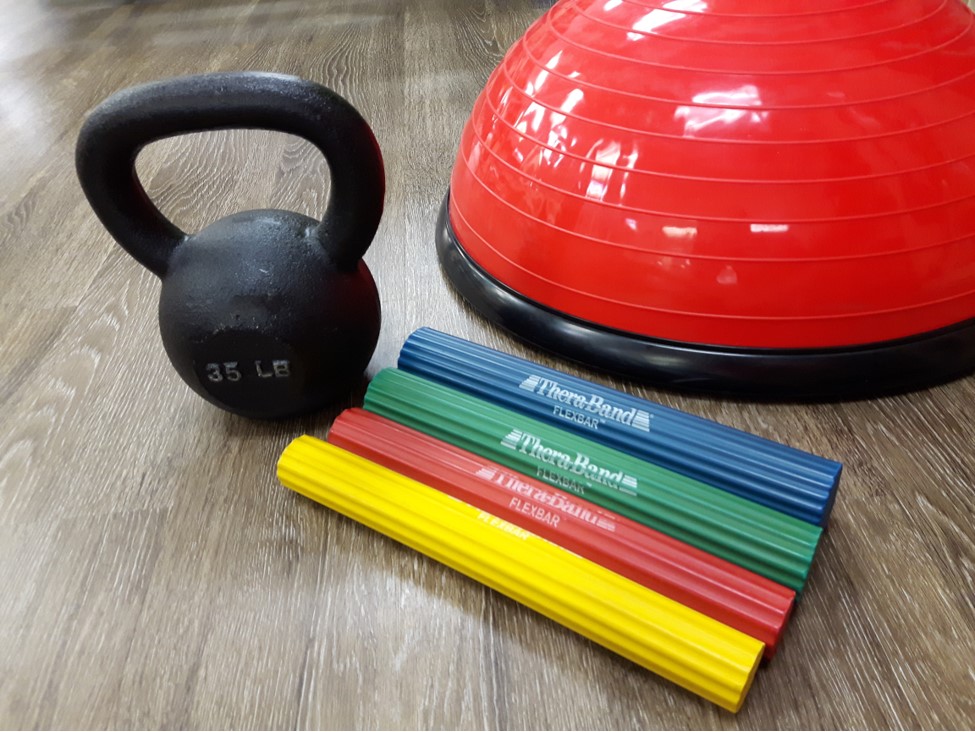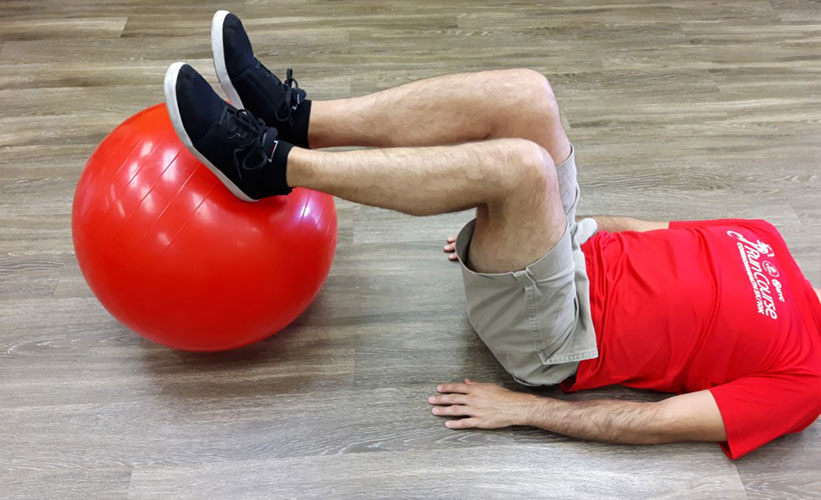When it comes to choosing a physiotherapist it is important to be able to identify certain characteristics.
Firstly
How does the physio relate to you? He/she has to show compassion and be able to listen carefully to your history, and how you see your condition. The therapist has to foster a relationship that empowers you and helps create self-efficacy. Self-efficacy is a process built on good education about your condition, communicated to you in terms you can understand.
Secondly
The physio needs to be able to communicate clearly and ask questions to understand your problem thoroughly and clarify certain points. You should feel your physio is interested in you and is polite, honest and respectful. An example of communication could be in explaining your test results such as x-rays, MRIs, ultrasound, etc. These reflect a specific point in time and further testing of how you move the affected part can give a lot more important information about your problem. It is important that your concerns about imaging results and terms like “degenerative disc disease, tears, bulges”, etc. and the relationship to your pain be interpreted in context. For example we know that having “degenerative” changes in the spine is the equivalent of greying hair or wrinkles and are normal over time and not necessarily related to pain. Also in the majority of people having pain. When they are moving does not necessarily mean you are causing damage, the tissues are just more sensitive.

Thirdly
Beware of practitioners who instill fear to sell their services. For example: “I would not be surprised if you end up in a wheelchair” or “This pain/disability will be here for the rest of your life”, etc. Promoting negative beliefs in irreparable structural damage will not help you as opposed to positive messages that can promote healing. Positive thinking is part of the approach that is encouraged in modern clinical practice. It is called the biopsychosocial approach. Saying “You have a rapidly aging spine” or “There is a lot of wear and tear” can make you feel hopeless and that nothing can be done. A better message would be “Your back/shoulder/knee, etc can be sensitized by awkward movements or postures, muscle tension, uncertainty, lack of sleep, worry and low mood. Also the brain can act as an amplifier, the more you worry about your pain the worse the symptoms get.” You can do something about these things.
Lastly
Consider your physio’s clinical competence. There has to be dialogue and feedback during treatment which may include manual interventions and therapeutic exercises. Passive care such as excessive use of machines, plug-in devices, heat, cold, etc do not promote self-efficacy and a good patient-therapist alliance. Physios that focus their treatment on machines are not optimal for your recovery. Your session has to be centered on education and active care. Your participation and compliance in the plan of care will foster a successful treatment.
The patient’s success becomes the clinician’s success. It is deeply rewarding to know you that his/her guidance and skills made a positive difference in your recovery.


Thank you for the information on choosing the right physiotherapist. I definitely think it’s a great idea to choose someone you get along with and are comfortable with. You want an element of friendship and someone who will support you.